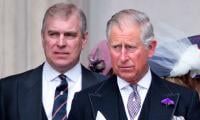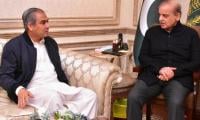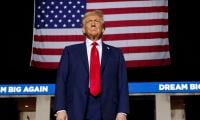He pointed out that the Accreditation Council for Graduate Medical Education in the US had expressed concern over the standard of medical education in Pakistan.
He said none of the medical colleges in Pakistan at the moment were following the criteria laid down by the PMDC.
Dr Sheikhani said many medical colleges in Pakistan did not have the requisite teaching staff and whatever staff was available was part-time. “There are certain medical colleges that don’t have hospitals.”
He expressed concern that the PMDC had allowed setting up of medical and dental colleges without teaching staff and had increased seats in public and private hospitals. The tuition fee has also been raised immensely without considering merit, he said.
He said on the one hand medical education was showing signs of deterioration, but on the other, the law and order situation was adversely affecting doctors.
Dr Sheikhani said that as a representative of the National Health Forum in the US, he was keen to do more for Pakistanis, but it was becoming difficult since the donors monitor funding.
He said the PMDC should be made an autonomous body, its staff should be hired on the basis of merit and all medical colleges in Pakistan should be full-time colleges.
“During the past 10 years only three medical colleges were approved in the US, whereas there was a mushroom growth of medical colleges in Pakistan.”
He lamented that in Brooklyn and New York about 25 percent of the nurses hailed from India while qualified Pakistani nurses could not go to the US. “The deterioration of medical education in Pakistan is such that you can establish a medical college at the KPC after paying Rs20 million.”
A representational image of a handcuffed man. — APP/FileHYDERABAD: The Federal Investigation Agency Cybercrime...
A representational image of Rangers personnel. — Reuters/FileThe Sindh cabinet has approved a one-year extension in...
This representational image shows a gun held in an individual's hand. — Unsplash/FileAmid the rising tide of street...
Participants seen at the ICMA International Job Fair and Education Expo 2024 held in Hyderabad on December 14,...
SHRC Chairperson Iqbal Ahmed Detho addressing an event.— Facebook@SindhHumanRightsCommission/File The Sindh Human...
Sindh Local Government Minister Saeed Ghani addressing a meeting of the PPP workers on December 14, 2024.—...







